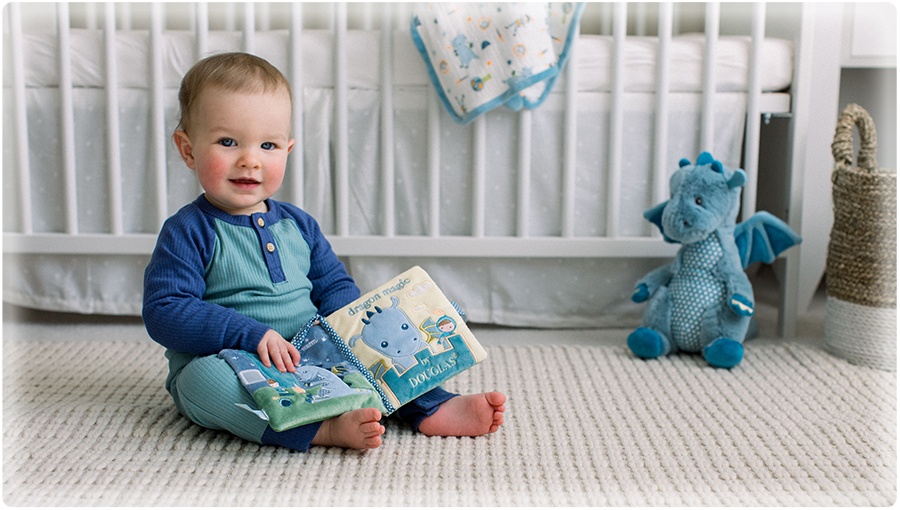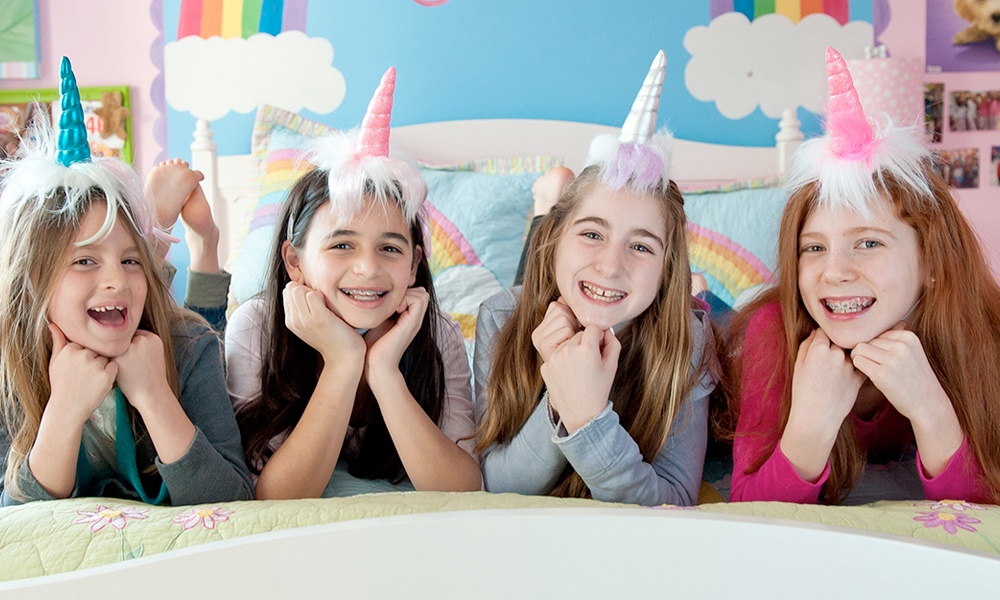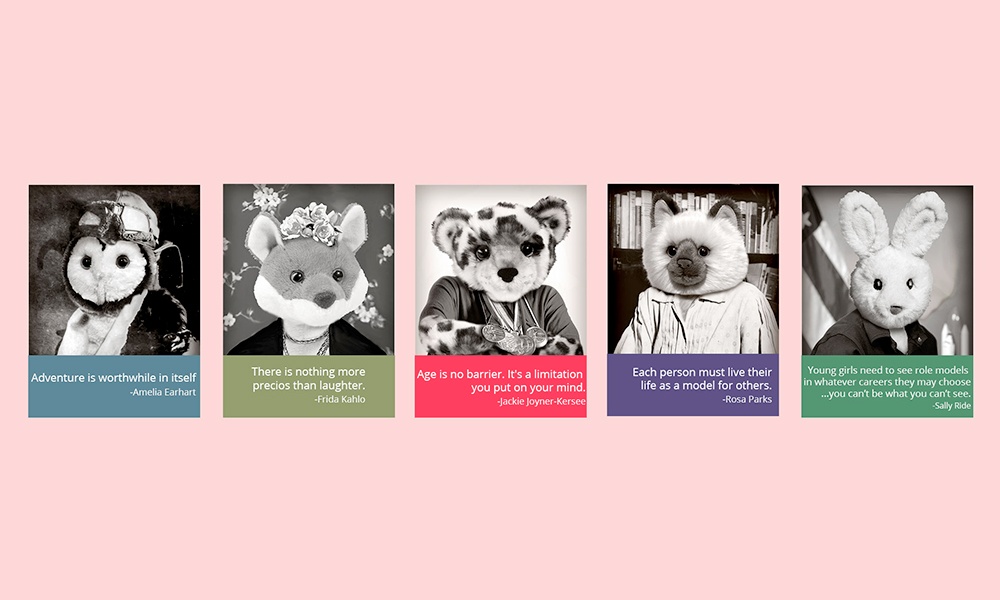A stuffed animal is often more than just an inanimate toy made of straw or cotton or bean; it becomes an item that has grave meaning and significance in our lives. The object acts as a companion for security, facilitated by a dependency learned from a young age, accompanying the owner from doctor’s office appointments to bed. Here are four reasons these favored possessions soothe pain through the ages, acting as both a source of distraction as well as comfort.
1. A stuffed animal is a distraction from pain.
The simple act of entertainment is enough to displace physical pain, according to studies that found playing with a stuffed animal after surgery appeared to reduce a child’s pain, in comparison to those who did not. Redirecting pain to another preoccupation leads people to feel a reduced sense of pain, or at least lessen their perception of it. In this sense, stuffed animals soothes physical pain.
2. Stuffed Animals provide feelings of safety and comfort.
At any age, stuffed animals are an object of tenderness and innocence. They are a playful example or a nostalgic memory of a lovable companion during youth.
Soft and comfortable, they are associated with feelings of happiness and warmth. For a young child stuffed animals are often needed to fall asleep, as they provide a heightened emotional security for the owner, making one feel less alone because of a feeling of familiarity. Even words such as “cuddle” and “hug” evoke gentle connotations.
3. Stuffed animals help people control emotions.
A soft, cuddly toy is an excellent tool to use for everyday problems, particularly for an upset child. The touch of a loved stuffed animal triggers feelings of happiness in a confronting situation. This is essentially why most children choose objects of comfortable texture – it is calming to hold something familiar that also feels good. A stuffed animal is a resource to deal with any daily events, from doctor shots to a fight with mom. The added security is an object of consolation.
4. Stuffed animals are a source of stress-release.
60% of toddlers are attached to some form of a stuffed animal or blanket, according to child-development experts. As these toddlers grow mobile and develop into children they learn they are independent beings from their parents. When they feel the tension of separation-anxiety or loneliness a child is often inept at dealing with these unfamiliar emotions. The comfort of their prized stuffed animal can soothe the stress of feeling alone during these transitional times.
Growing children and matured adults associate positive memories with beloved stuffed animals. They act as sources of safety as well as items of consolation during times of pain. These invoking feelings of happiness and comfort are reasons why kids and parents alike can’t imagine their lives without them. So when your child starts to cry out of fear for an upcoming Doctor’s appointment, or you’re stressed from your child’s constant tears – pull out the most lovable, cuddly, teddy-bear you can find and hold on tight.







Actually! Stuffed animals for babies do help. I got some for my kid and I must say this relieve my life extensively. Thanks for posting.